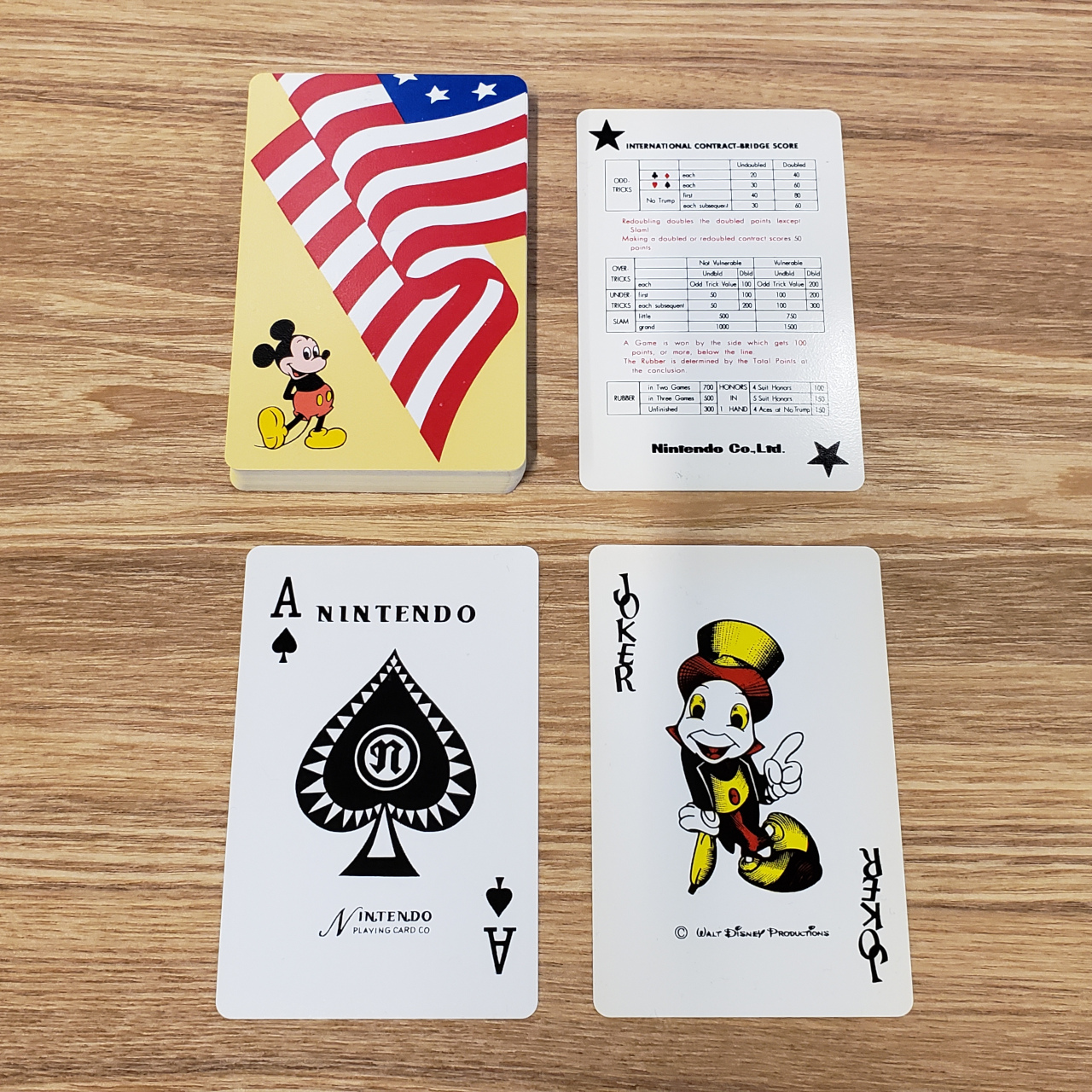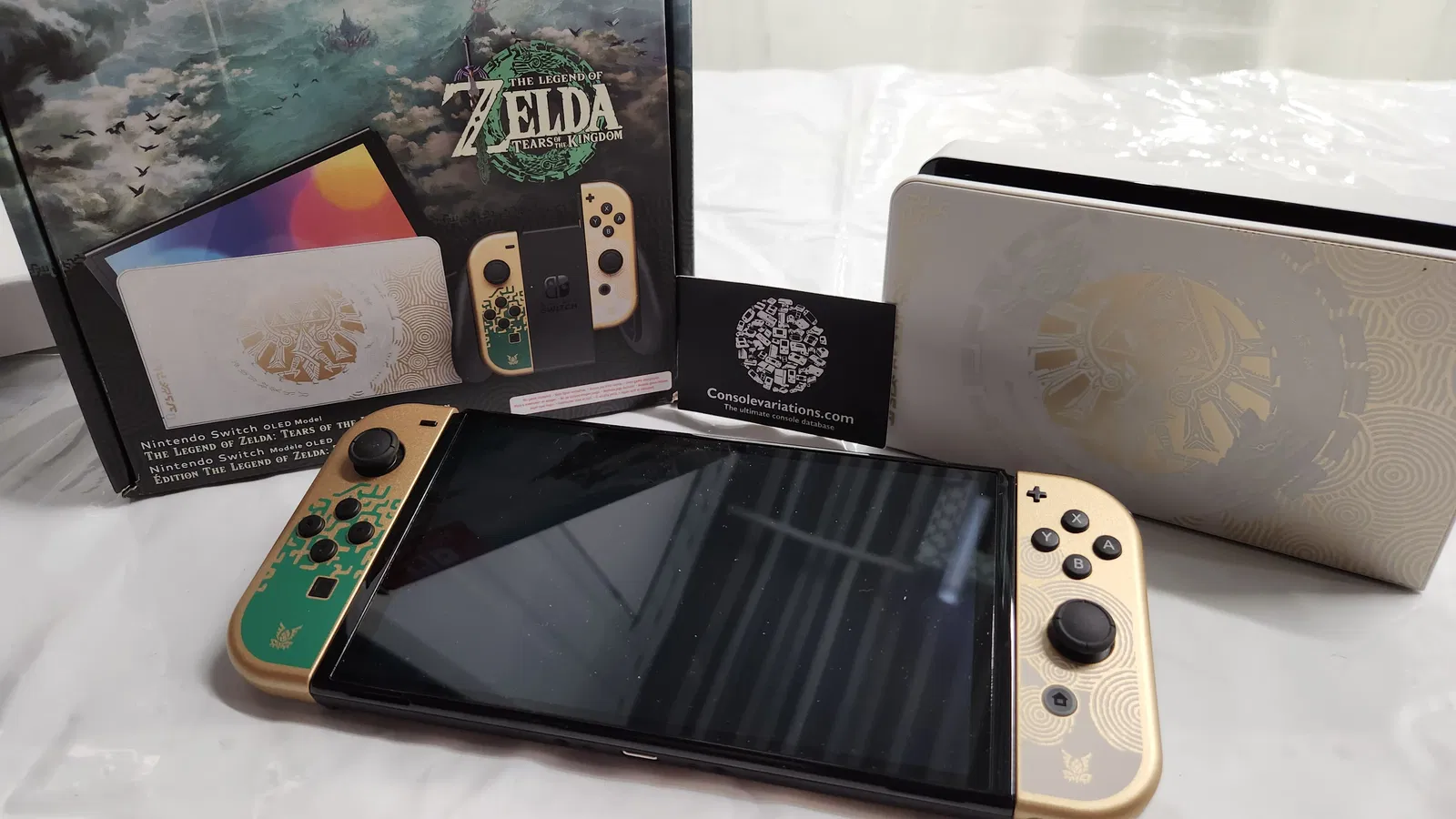Nintendo's Journey
Introduction
Nintendo's journey began in 1889 when Fusajiro Yamauchi founded the company in Kyoto, Japan. Initially known as "Nintendo Koppai," the company specialized in producing handmade playing cards for a popular Japanese card game called Hanafuda. The business gradually expanded, and by the mid-20th century, Nintendo had ventured into various industries, including taxi services, love hotels, and food products.
In the 1960s, Nintendo made its entry into the toy and game market. They started producing traditional toys and later shifted to electronic toys. However, the turning point came in the early 1970s when Nintendo explored the arcade gaming industry. The company found success with games like "Donkey Kong," released in 1981, which introduced the iconic character Mario to the world.
The real breakthrough for Nintendo occurred in the mid-1980s with the release of the Nintendo Entertainment System (NES). Launched in 1983 in Japan and later in North America in 1985, the NES became a revolutionary home gaming console. It featured popular games like "Super Mario Bros." and "The Legend of Zelda," setting new standards for the industry.
Nintendo continued to innovate with subsequent consoles, such as the Super Nintendo Entertainment System (SNES) in the early 1990s and the portable Game Boy, which became immensely popular. The Nintendo 64, introduced in 1996, was the first mainstream gaming console to use 3D graphics.
In the early 2000s, Nintendo faced increased competition from Sony and Microsoft. However, the company rebounded with the release of the Nintendo Wii in 2006. The Wii's motion-sensing controls and accessible gameplay attracted a broad audience, including casual gamers.
The Nintendo DS and 3DS handheld consoles and the Wii U followed, each contributing to Nintendo's diverse gaming portfolio. However, it was the release of the Nintendo Switch in 2017 that marked another significant success. Combining both home console and portable gaming capabilities, the Switch became a global phenomenon.
Throughout its history, Nintendo has created iconic characters and franchises, including Mario, Zelda, and Pokémon. The company's unique approach to gaming, emphasizing creativity, innovation, and family-friendly experiences, has contributed to its enduring success in the gaming industry. As of my last knowledge update in January 2022, Nintendo remains a major player, consistently delivering memorable gaming experiences to audiences worldwide.
Comparing with others
Comparing Xbox, Nintendo, and PlayStation involves considering various factors, including hardware, exclusive games, online services, and overall gaming ecosystem. As of my last knowledge update in January 2022, I'll provide a general overview based on the state of the gaming industry up to that point.
- Hardware:
- Xbox: Microsoft's Xbox consoles have focused on powerful hardware, aiming to provide high-end graphics and performance. The Xbox Series X, the latest console as of my last update, is designed for 4K gaming with features like ray tracing.
- Nintendo: Nintendo consoles, like the Nintendo Switch, take a different approach. The Switch is a hybrid console that can be used both as a home console and a portable handheld device. It doesn't match the raw power of its competitors but offers a unique and versatile gaming experience.
- PlayStation: Sony's PlayStation consoles, such as the PlayStation 5 (PS5), also emphasize high-performance hardware, with features like ray tracing and fast loading times.
- Exclusive Games:
- Xbox: Microsoft has been investing heavily in exclusive content. Some notable Xbox exclusives include the Halo series, Gears of War, and Forza Motorsport.
- Nintendo: Nintendo is known for its iconic first-party franchises, including Super Mario, The Legend of Zelda, and Pokémon. Many Nintendo games are exclusive to their platforms.
- PlayStation: Sony has a strong lineup of exclusive titles, including popular franchises like God of War, Uncharted, and The Last of Us.
- Online Services:
- Xbox: Xbox Live is Microsoft's online gaming service that offers multiplayer, free monthly games through Xbox Live Gold, and access to services like Xbox Game Pass.
- Nintendo: Nintendo Switch Online provides multiplayer capabilities, classic NES and SNES games, and cloud saves. It's generally more affordable than the online services of its competitors.
- PlayStation: PlayStation Network (PSN) offers online multiplayer, monthly free games for subscribers (PlayStation Plus), and additional perks. The PS Now service provides access to a library of games.
- Gaming Ecosystem:
- Xbox: Microsoft has a broader gaming ecosystem, including Xbox consoles, PC gaming (through Windows), and cloud gaming with Xbox Cloud Gaming (formerly known as Project xCloud).
- Nintendo: Nintendo's ecosystem revolves around its consoles, especially the Nintendo Switch, with a focus on exclusive titles and portable gaming.
- PlayStation: Sony's ecosystem centers around PlayStation consoles, but it also extends to other Sony products and services. Remote Play allows playing PS4 or PS5 games on compatible devices.

Ultimately, the choice between Xbox, Nintendo, and PlayStation often comes down to personal preference, the gaming experience you're seeking, and the exclusive titles that each platform offers. It's essential to consider factors like the type of games you enjoy, the hardware features that matter to you, and the overall gaming community associated with each platform. Additionally, the gaming industry evolves, and new consoles or services may have been introduced since my last update.


















![[LIVE] Engage2Earn: McEwen boost for Rob Mitchell](https://cdn.bulbapp.io/frontend/images/c798d46f-d3b8-4a66-bf48-7e1ef50b4338/1)





